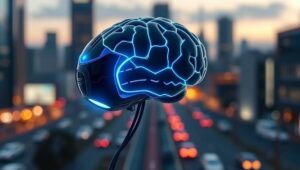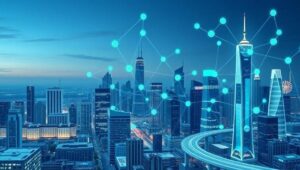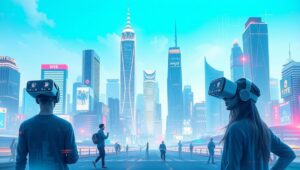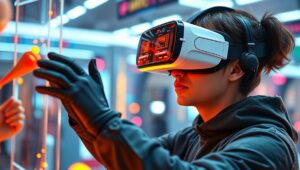May 21, 2025
The Future of Smart Appliances: AI and Connectivity (2026)
The Future of Smart Appliances: AI and Connectivity (2026) As we look ahead to 2026, the landscape of home appliances is undergoing a dramatic transformation, driven by advancements in artificial intelligence (AI) and seamless connectivity. These innovations promise to enhance convenience, efficiency, and sustainability in our daily lives. AI-Powered Personalization AI is at the heart of the next generation of smart appliances, enabling personalized experiences tailored to individual needs and preferences. Imagine a refrigerator that not only tracks its contents and expiration dates but also suggests recipes based on available ingredients and dietary requirements. Ovens can automatically adjust cooking times












